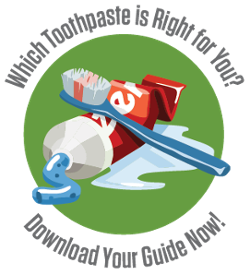By Erica Laceria on Jun 1, 2020 @ 10:00 AM
Have you every caught yourself grinding your teeth? Or has your dentist mentioned that you show signs of teeth grinding? Teeth grinding, also known as bruxism, If you have bruxism, you may unconsciously clench your teeth together during the day, or clench or grind them at night (sleep bruxism). Some studies show up to 40 million people in the US grind their teeth. Bruxism can cause headaches, jaw soreness, muscle pain, and lead to more serious issues like TMJ or even fractured teeth.
If you're trying to prevent yourself from grinding your teeth, you aren't alone. Make sure to consult with your dentist as soon as you can - they are here to help you! But there are also a few habits that increase you chance of bruxism that you can avoid. Here are three!
Smoking
We all know that smoking is bad for our oral health. However, you might not know it is actually related to bruxism. According to a study published by the National Center for Biotechnology Information (NCBI), bruxism is linked to nicotine dependence. So, if you want to avoid bruxism, it is probably best to avoid smoking altogether.
Caffeine
Caffeine is a staple of modern life, and for most people it is fine to consume in moderation. However, people's caffiene intake often goes up when they are stressed and with it, so could your chance of developing bruxism. Dentistry Today states that drinking more than 76 mg of caffeine a day more than doubles the risk of bruxism. So keep that in mind when you're reaching for that second coffee, tea, or soft drink.
Alcohol
There is certainly nothing wrong with drinking responsibly. That said, if you want to decrease your chances of developing bruxism, you may want to think twice before going wild at happy hour. A report published by the JADA said there is a direct link between consuming alcohol and developing bruxism. So reducing your alcohol intake could play a big part in avoiding a teeth grinding habit..
While avoiding all these things won't eliminate your chances of developing bruxism, making sure to not overdue it can help ensure your mouth and body stay healthy! And if you're looking to take your oral health up a notch, make sure you are using the right toothpaste with our guide below!





comments